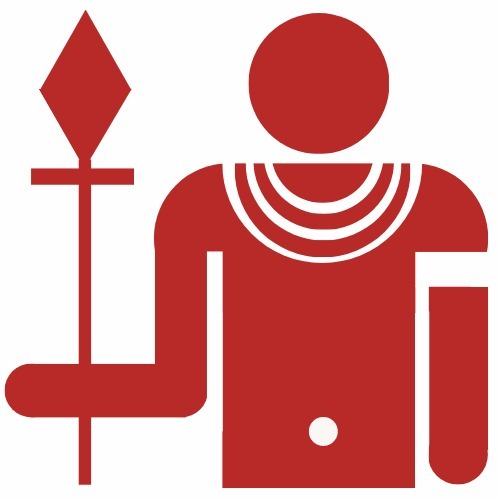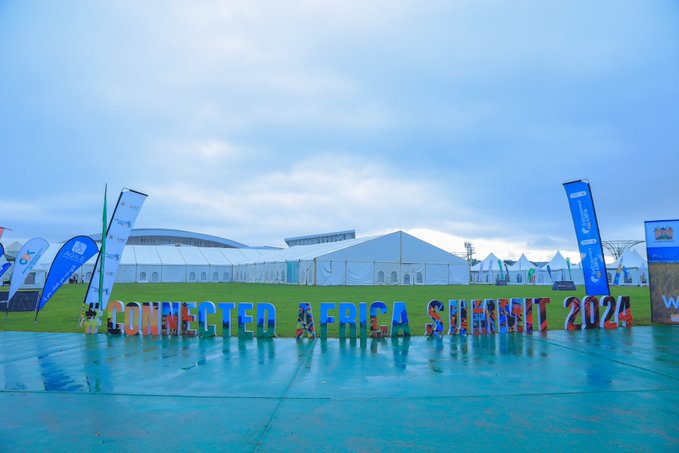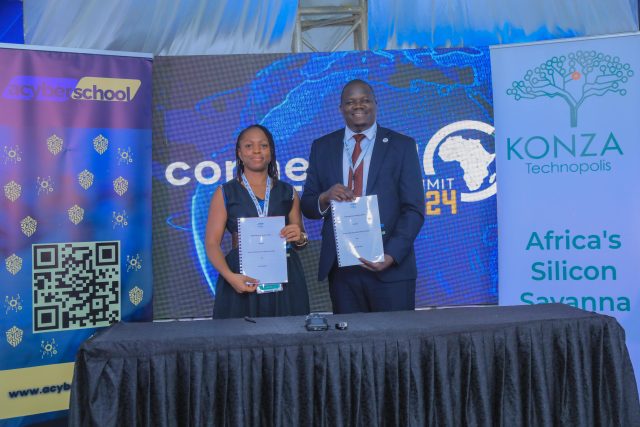Leaders across Africa gathered at the Connected Africa Summit 2024 in Nairobi, Kenya, urging collaboration and action to bridge the digital divide and propel the continent’s transformation.
Bridging the Digital Divide and Waste Management
“Governments should reduce the cost of telecommunication licenses to ensure we bridge the digital divide across all the communities,” said Zakeria Ismael, E-Government Implementation Advisor for Somalia’s Ministry of Communications and Technology.
Highlighting another challenge, Prince Ofusuh Sefa, Administrator of Ghana Investment Fund for Electronic Communications (Gifec), emphasized, “E-waste is a global issue… Africa needs more robust and collaborative frameworks to address waste management.” He also saw an opportunity: “Electronic waste presents an opportunity for the continent. Capitalizing on the opportunities associated with electronic waste management can be of great economic value.”
Collaboration and Partnerships: Key to Success
On her part, Isabel Neto, Digital Development Practice Manager for Eastern and Southern Africa at the World Bank, stressed the importance of partnerships: “To meet the Africa connectivity score, we estimate it to cost $86 billion which underscores the need for governments and private sectors to partner.”
Director Strategy and Business Development for Oracle Africa, Dr Ibrahim Abduba echoed this sentiment, stating, “Digital connectivity is a critical social aspect… As much as connectivity is a challenge, we can leverage the connectivity we already have to trade with the rest of the world.”
Technology as a Necessity and AI as an Opportunity
Several leaders emphasized technology’s crucial role in Africa’s development. Chief Executive Officer (CEO) of Kenya’s ICT Authority, Stanley Kamanguya declared, “Technology is no longer a choice but a necessity for every organization. It’s a critical ingredient for nations and the continent for economic transformation.”
“We can no longer say we are disadvantaged because the technology available in the rest of the world is also available to us,” he added.
Hon Léocadie Ndacayisaba, Minister of ICT for Burundi, provided a concrete example of a national initiative: “The government is running a $92 million project to digitalize services, create youth jobs, and enhance access to government services.”
The potential of Artificial Intelligence (AI) was also a focus. Mr Kamanguya noted, “The adoption of AI will increase efficiency in organizations… so that the mundane tasks can be automated.”
African Union Chair for Specialised Technical Committees, Kanono Ramashamole, emphasized, “We can leverage partnerships and collaborations by adopting the emerging technologies such as AI and Machine learning…. We have to come together as Africans and collaborate in research that we can use for the development of our own infrastructure.”
Manufacturing and Youth Development
The summit also addressed Africa’s potential in manufacturing. Rohan Patil, Enterprise Director for East Africa at DELL, stated, “Africa has a huge potential in manufacturing not only for the continent but the world. We do not need to import things we can manufacture here. We have the skills set and the workforce.”
On his part, Saleh Al-Nemer, a Distinguished Technologist, concluded, “With the power of technology, we can bridge the gap faster across various value chains in manufacturing. With connectivity, we will open up more opportunities to train the young generation…”
The Connected Africa Summit 2024 highlighted the urgent need for collaboration, investment, and a strategic approach to propel Africa’s digital transformation and unlock its vast potential.



